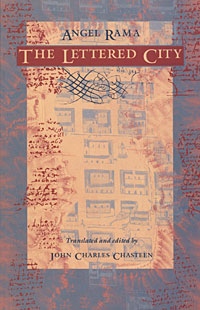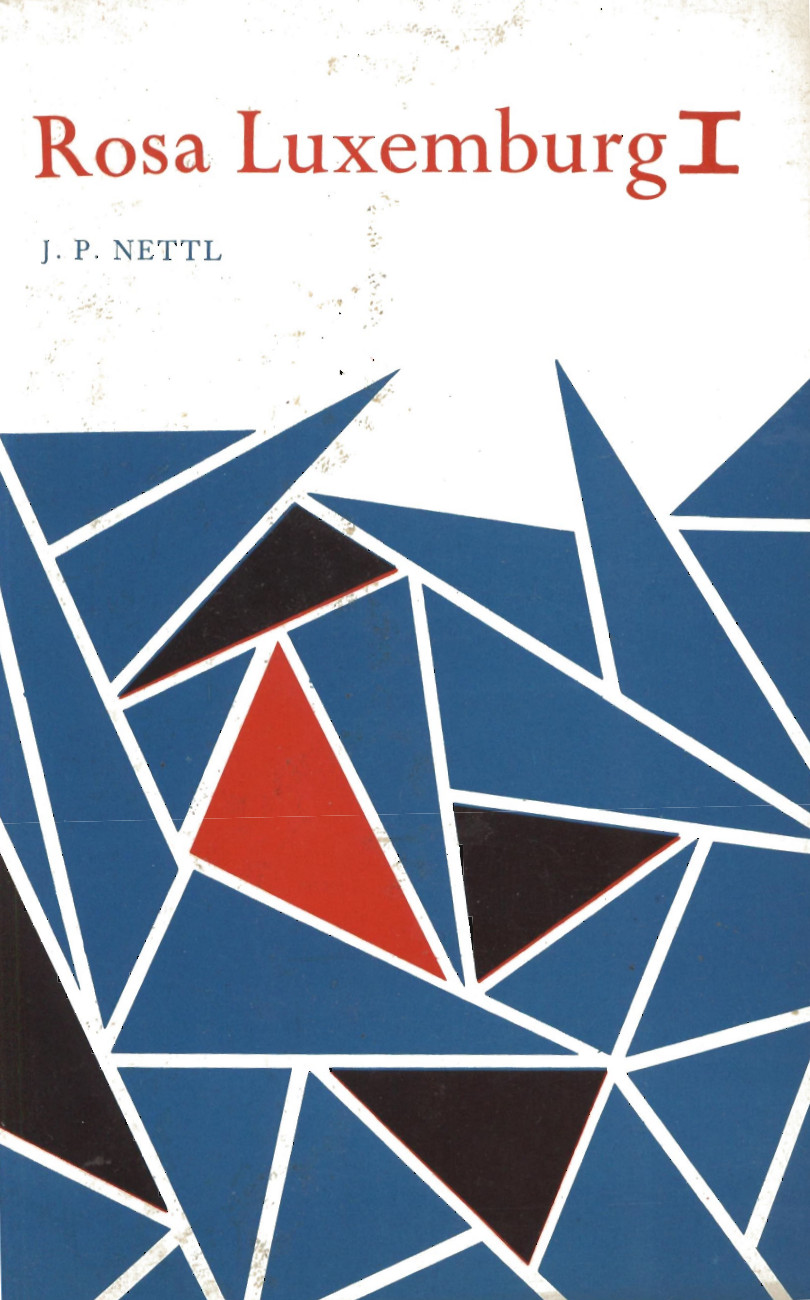Greil Marcus: Lipstick Traces: A Secret History of the Twentieth Century (1989–) [EN, ES, TR]
Filed under book | Tags: · 1968, anarchism, art, avant-garde, communism, dada, history, lettrism, marxism, music, nazism, popular culture, punk, situationists, surrealism

“Greil Marcus began work on this book out of a fascination with the Sex Pistols: that scandalous antimusical group, invented in London in 1975 and dead within two years, which sparked the emergence of the culture called punk. “I am an antichrist!” shouted singer Johnny Rotten—where in the world of pop music did that come from? Looking for an answer, with a high sense of the drama of the journey, Marcus takes us down the dark paths of counterhistory, a route of blasphemy, adventure, and surprise.
This is no mere search for cultural antecedents. Instead, what Marcus so brilliantly shows is that various kinds of angry, absolute demands—demands on society, art, and all the governing structures of everyday life—seem to be coded in phrases, images, and actions passed on invisibly, but inevitably, by people quite unaware of each other. Marcus lets us hear strange yet familiar voices: of such heretics as the Brethren of the Free Spirit in medieval Europe and the Ranters in seventeenth-century England; the dadaists in Zurich in 1916 and Berlin in 1918, wearing death masks, chanting glossolalia; one Michel Mourre, who in 1950 took over Easter Mass at Notre-Dame to proclaim the death of God; the Lettrist International and the Situationist International, small groups of Paris—based artists and writers surrounding Guy Debord, who produced blank-screen films, prophetic graffiti, and perhaps the most provocative social criticism of the 1950s and ’60s; the rioting students and workers of May ’68, scrawling cryptic slogans on city walls and bringing France to a halt; the Sex Pistols in London, recording the savage “Anarchy in the U.K.” and “God Save the Queen.”
Although the Sex Pistols shape the beginning and the end of the story, Lipstick Traces is not a book about music; it is about a common voice, discovered and transmitted in many forms. Working from scores of previously unexamined and untranslated essays, manifestos, and filmscripts, from old photographs, dada sound poetry, punk songs, collages, and classic texts from Marx to Henri Lefebvre, Marcus takes us deep behind the acknowledged events of our era, into a hidden tradition of moments that would seem imaginary except for the fact that they are real: a tradition of shared utopias, solitary refusals, impossible demands, and unexplained disappearances. Written with grace and force, humor and an insistent sense of tragedy and danger, Lipstick Traces tells a story as disruptive and compelling as the century itself.”
Publisher The Belknap Press of Harvard University Press, Cambridge/MA, 1989
Twentieth Anniversary Edition, 2009
ISBN 0674034805, 9780674034808
496 pages
via missionsamurai
Radio interview with author (30 min, KCRW, 1989)
Interview with author (Simon Reynolds, Los Angeles Review of Books, 2012)
Reviews: Simon Reynolds (Melody Maker, 1989), Jerome McGann (London Review of Books, 1989), Jon Erickson (Discourse, 1989-1990), Steve Redhead (Popular Music, 1990), Libero Andreotti (J Architectural Education, 1996).
Lipstick Traces (English, 1989/2009, EPUB, 5 MB)
Rastros de carmín. Una historia secreta del siglo XX (Spanish, trans. Damián Alou, 1993, 13 MB)
Ruj Lekesi: Yirminci Yüzyılın Gizli Tarihi (Turkish, trans. Gürol Koca, 1999, 29 MB)
Angel Rama: The Lettered City (1984–) [Spanish, English]
Filed under book | Tags: · city, education, history, history of literature, language, latin america, literary theory, literature, space

“Angel Rama’s La ciudad letrada was published in 1984, shortly after he had died in a plane accident in Spain. Since then, it has quickly established itself as one of the most daring, perspicacious and innovative analyses of Latin American history, literature and political culture. However, because it was not completed due to his untimely death, the book was an incomplete synthesis of several decades of literary criticism and history. Even if Rama had not written La ciudad letrada, his place on the canon of Latin American letters would have been secured by his pioneering work on intra-American comparative literary studies. Rama, appropriating a term from Cuban anthropologist Fernando Ortiz, introduced into Latin American literary studies the term ‘transculturation’, which sought to conceptualize the interaction between indigenous, criollo and mestizo cultures in Latin America, and in this way he gave a hermeneutic key for unlocking many key texts of Latin American letters.
Rama’s book is surely about letters, literature and writing, but it is also about cities, space, spatialization and the relationship between the syntax of languages and the order of space. The book is, in fact, what one may call a philosophical-historical-cultural essay that uses literature and the ‘writer’–el letrado–to elaborate a wide-ranging interpretative thesis about Latin America as a cultural unit. Its genre is thus not a literary theory, comparative literature, or even cultural studies, even if it contributes to these. In German one calls this genre Geistesgeschichte, which is neither a spiritual nor an intellectual history, but rather a history of the animating logic of a culture.” (from a review by Eduardo Mendieta, City, 2006)
First published by Ediciones del Norte, Hanover/NH, 1984
With an Introduction by Hugo Achugar
Publisher Arca, Montevideo, 1998
ISBN 9974400244
126 pages
English edition
Translated and with an Introduction by John Charles Chasteen
Publisher Duke University Press, 1996
ISBN 0822317575, 9780822317579
141 pages
via Oral Majority
Commentary (Cora Gorman Malone, 2010, in EN)
Commentary (Brantley Nicholson, 2011, in EN)
Publisher (EN)
La ciudad letrada (Spanish, 1984/1998, 6 MB, no OCR)
The Lettered City (English, pages 40 and 56 missing, 1996, 9 MB, no OCR)
J. P. Nettl: Rosa Luxemburg, Vol. 1 (1966)
Filed under book | Tags: · biography, history, marxism, politics, revolution, socialism

The first of 2 volumes of the leading biography of the Marxist theorist, philosopher, economist and revolutionary socialist. Covers the period until 1911.
Publisher Oxford University Press, 1966
450 pages
via Hyeonwoo Kim
Review (Hannah Arendt, The New York Review of Books, 1966)
Review (Robert H. McNeal, The Canadian Journal of Economics and Political Science, 1966)
PDF (17 MB, no OCR)
For a chronology of her life see the exhibition brochure produced by Rosa Luxemburg Stiftung (DE, EN, FR, TR, ES, VN).

